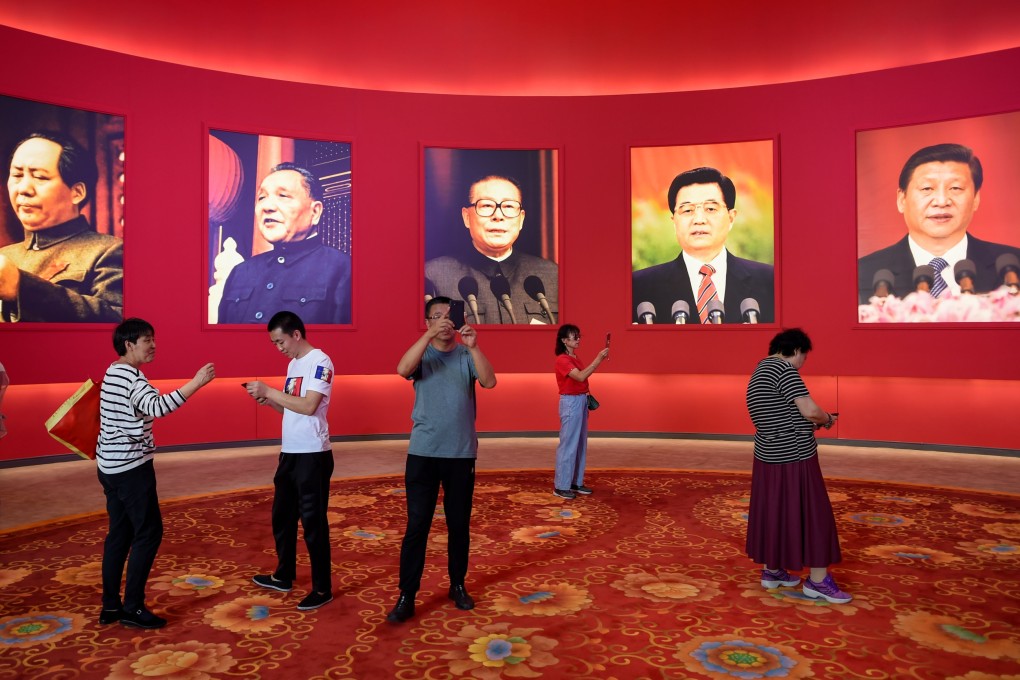China Briefing | How China’s leaders stay in touch with reality behind the ‘Great Wall of Secrecy’
- China’s mighty propaganda machine may be known for churning out glowing reports for public consumption, but more obscure are its internal reference units
- The Communist Party’s sophisticated ‘neican’ reporting system exists to offer the country’s leaders unvarnished truths from at home and abroad

Foreign investors and diplomats often ask me such questions these days, the implied reasoning being that the country’s leaders live behind a “Great Wall of Secrecy” – surrounded by minions who dare not tell them bad news, with a state media that heaps fulsome praises on them daily for their policies.
Many outside the country assume this is what led to China’s seemingly impulsive decision-making over the past few years that has roiled the markets. To make matters worse for foreigners, the government’s tightening control of information and increasingly opaque policymaking processes make it even harder for them to find out what is really happening in the country.

Questions about what China’s leadership knows are certainly intriguing and valid, particularly in today’s age of instant news zooming across social media, but to answer them some historic context about the country’s massive bureaucracy is required.
China’s time-honoured bureaucratic tradition dates back millennia, and its bureaucrats have long refined their skills at obfuscating edicts from Beijing or telling leaders what they want to hear – vividly illustrated by the proverb: “The sky is high and the emperor is far away”.
In feudal times when communication was primitive and messages were relayed by riders on horseback, it took weeks or even months for reports to reach the imperial court. Astute emperors were known to set up elaborate spy networks to keep track of the movements and sayings of local officials – and mandarins in the imperial court – with imperial envoys sent across the country to monitor officials and investigate the complaints of ordinary people. Emperor Yongzheng of the Qing dynasty, who reigned from 1722 to 1735, is believed to have heavily relied on an efficient spy network who reported to him directly to create an effective government and consolidate power into his own hands.
